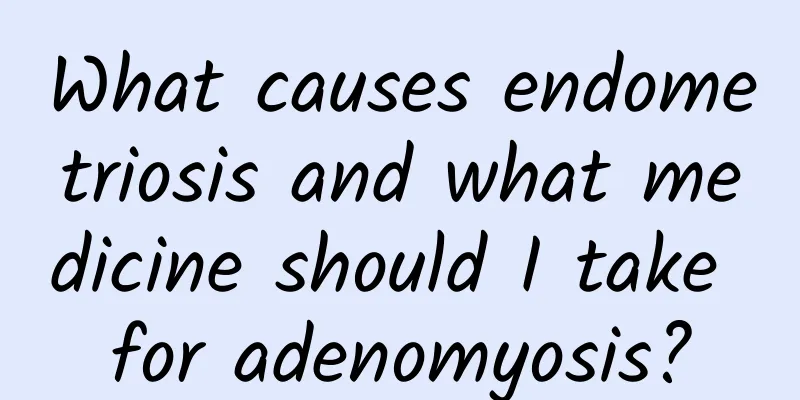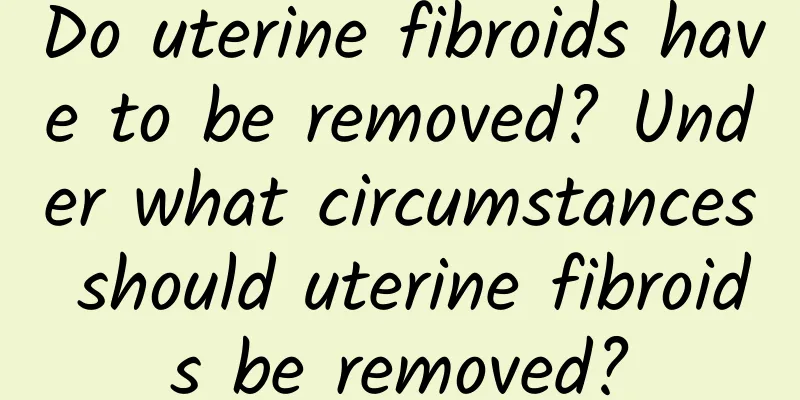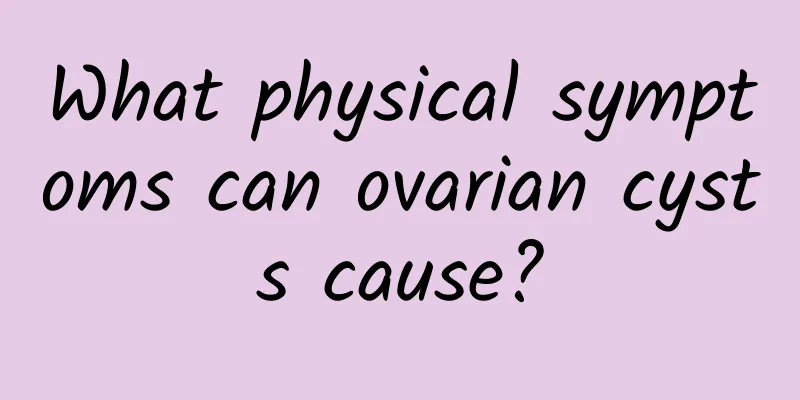What causes endometriosis and what medicine should I take for adenomyosis?

|
Treatments for endometriosis include medication, surgery, and lifestyle adjustments. The causes of endometriosis are related to genetic, environmental, and physiological factors. For medication, nonsteroidal anti-inflammatory drugs such as ibuprofen, oral contraceptives, and GnRH agonists such as leuprolide can be used; surgical treatments include laparoscopic surgery, hysterectomy, and nerve blocks; lifestyle adjustments include dietary adjustments such as increasing foods rich in omega-3 fatty acids, moderate exercise such as yoga, and walking. Endometriosis is a common gynecological disease with complex causes involving genetic, environmental and physiological factors. The disease is characterized by the growth of endometrial tissue in areas outside the uterine cavity, causing pain and infertility. Genetic factors play an important role in the development of endometriosis, and people with a family history of the disease have a higher risk of the disease. Environmental factors such as long-term exposure to certain chemicals such as dioxins may also increase the risk of the disease. Physiological factors such as abnormal immune function and imbalanced hormone levels in the body are also important causes. There are many treatments for endometriosis. Drug therapy is a common method. Nonsteroidal anti-inflammatory drugs such as ibuprofen can relieve pain; oral contraceptives can regulate hormone levels and relieve symptoms; GnRH agonists such as leuprorelin inhibit the growth of endometriotic lesions by reducing estrogen levels. Surgical treatment is suitable for patients with severe symptoms or ineffective drug treatment. Laparoscopic surgery can remove ectopic lesions; hysterectomy is suitable for older patients who have no fertility needs; nerve blocks are used to relieve intractable pain. Adjustment of lifestyle is also an important auxiliary treatment method. In terms of diet, it is recommended to increase the intake of foods rich in omega-3 fatty acids such as deep-sea fish and flaxseed oil, and reduce the intake of red meat and processed foods; moderate exercise such as yoga and walking can help improve pelvic blood circulation and relieve symptoms. Through these comprehensive measures, the symptoms of endometriosis can be effectively managed and controlled, and the quality of life can be improved. |
<<: Can I take medicine to treat uterine cyst?
>>: How big is the uterine fibroid that requires surgery?
Recommend
What are the causes of infertility after miscarriage? See what the experts say
If you are not careful after the abortion and dev...
How does traditional Chinese medicine treat cervical erosion? Introduction to Western medicine treatment methods for female cervical erosion
There are generally three types of cervical erosi...
What are the symptoms of female pelvic inflammatory disease? There are acute and chronic types
Pelvic inflammatory disease can be acute or chron...
Can cervical erosion lead to miscarriage? How to treat cervical erosion in pregnant women?
In life, cervical erosion often occurs not only i...
How much does dysfunctional uterine bleeding surgery cost?
The most common symptom of dysfunctional uterine ...
Food treatment for dysmenorrhea
There are many ways to treat dysmenorrhea, and fo...
What medicine can cure ovulation bleeding?
The so-called ovulation period, also known as the...
How is threatened miscarriage treated?
How is threatened miscarriage treated? Threatened...
Aaron Kwok practices dance and fitness
Even though he is over 40, the perfect lines that...
What are the symptoms of benign uterine fibroids?
With the continuous development of society, many ...
What are the signs of miscarriage?
Some pregnant women may have miscarriages due to ...
Is it good to do strenuous exercise after an abortion? Taboos for women after an abortion
When many people have done what they want to do, ...
What to check for spontaneous abortion
Everyone is familiar with the word "abortion...
Gynecological diseases Precursors of uterine fibroids
Uterine fibroids are one of the most common benig...
Is the fallopian tube blocked after painless artificial abortion?
Are the fallopian tubes blocked after painless ar...









